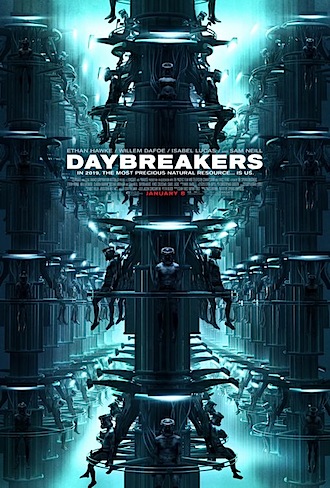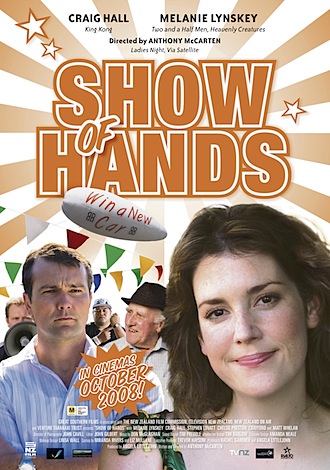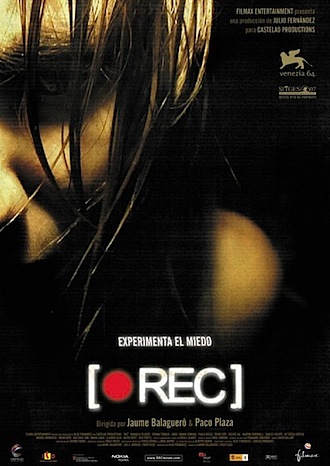Michael Winterbottom somehow manages to make a film a year and, while the quality can go up and down a bit, his work is never less than interesting. He’s most…
Read More

I am sick of vampires. Sick to death. As a great philosopher once said, "What is point, vampires?" and I have to concur. They're everywhere you seem to turn thses…
Read More

According to the venerable IMDb.com, before Show of Hands the only feature films to be shot in New Plymouth were The Last Samurai (sort of) and something called Mad Mission…
Read More

It's babies everywhere in the cinemas at the moment. Last week I reviewed the Tina Fey comedy Baby Mama about a middle-aged woman desperate for a child and this week…
Read More
Computer programmers have a concept called 'garbage collection' whereby useless and redundant items are automatically disposed of by 'the system'. We film reviewers don't have access to such technology, however,…
Read More

Earlier this year I arbitrarily decided that the Hannah Montana 3D concert movie was not cinema and chose not to review it. Now, a few short weeks later, I exercise…
Read More
